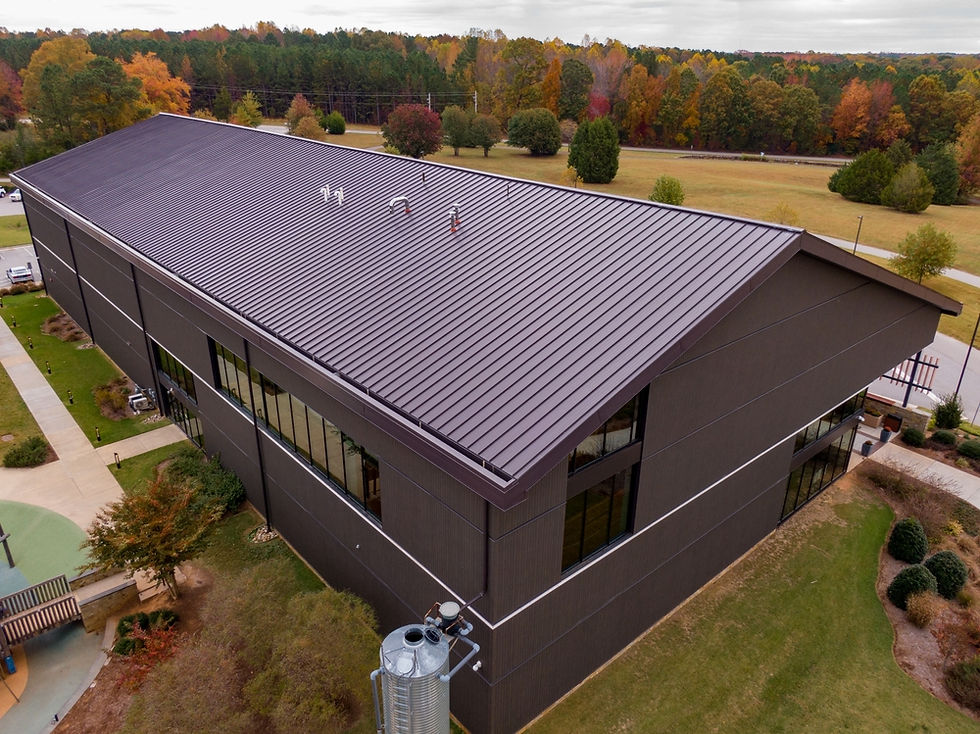How Your Hot Water System Works: The Complete Breakdown
- Daisy Andrew
- Oct 12, 2023
- 3 min read
Updated: Nov 3, 2025
Have you ever stopped to wonder just how your hot water system actually works? How does cold water transform into piping hot water with just the twist of a faucet? And what keeps our water consistently hot, ready and waiting on demand? In this comprehensive guide, we're exploring the fascinating intricacies of how hot water systems work, unveiling the engineering marvels that rest quietly behind the scenes of our daily routines.
Perhaps, like many, you’ve never paid much mind to this domestic marvel. However, from that comforting morning shower to washing a stack of grime-crusted dishes, hot water is fundamental to our comfort and sanitation. Understanding exactly how your hot water in Geelong operates can help in managing energy consumption, troubleshooting common problems, and even selecting the best system for your home.
Join me on this enlightening journey as we delve into the mechanics of hot water systems, demystifying the science to arm every home lover with valuable knowledge. A deeper respect will surely grow for this unsung hero of modern living.

The Basics of Hot Water System Operation
Every hot water system in essence performs a simple function – heating cold water and purveying it throughout the home on demand. Yet, the mechanism behind heating water is far more complex than meets the eye. From the water source to the heating process and storage, intricate parts work together seamlessly to make that invigorating hot shower possible.
The first vital element in the process is a cold water supply, typically provided by a municipal water supply system or a well. This water undergoes pressurization to ensure steady flow throughout all home outlets. The heating unit, be it a heat pump, solar panels or a gas or electric boiler, receives this flow and heats the cold water.
Hot water systems usually incorporate a storage tank to maintain a ready supply of heated water. Insulated to minimize energy loss, these tanks are quite the technical feat, using thermostats to monitor temperature and safety valves to control pressure.
Types of Hot Water Systems
Depending on the primary heating source, hot water systems are classified into four types – gas, electric, solar-powered, and heat pump systems. Each presents unique advantages and challenges related to cost, energy efficiency, environmental impact, and convenience.
Gas hot water systems, for instance, are a cost-effective option offering the advantage of fast heating. Electric systems, though convenient and reliable, often are less energy-efficient and might be subject to peak-time energy tariffs. Solar hot water systems, while initially costly, offer long-term benefits in terms of energy consumption and environmental impact. Heat pump systems, though not widely used, utilize ambient heat in an energy-efficient manner.
Efficacy and Energy Consumption
The efficacy of a hot water system depends on several factors, including its energy source, size, insulation, and maintenance. In terms of energy consumption, solar and heat pump systems lead the race, given their use of renewable energy sources. Striking a balance between cost and efficiency is important when selecting a hot water system. Care should be taken not to oversize or undersize the system, as it directly impacts operational costs and performance.

Troubleshooting Common Problems
As reliable as these systems are, they aren't immune to occasional problems. Understanding common issues, like varying or insufficient water temperature, noisy tanks, or leaks can help in swift diagnosis and timely repairs.
Selecting the Right Hot Water System
Knowing how each system functions and their associated pros and cons should make the process of selection easier. Consider factors like initial investment, ongoing energy costs, number of family members, frequency of water usage, and suitability for your geographical location.
Conclusion
As we wrap up this comprehensive breakdown, it’s clear that our everyday comfort rides on the shoulders of intricate engineering, embodied by our home hot water systems. Understanding how these systems work not only stokes our curiosity but also empowers and guides us in making informed decisions about our homes. With newfound respect and knowledge, may we celebrate and better utilize this monumental feat of domestic technology. In understanding, there is appreciation, and in appreciation, a fuller, richer living experience.
To know more information about us then you can go through the details below:
Business Name: Vicwide Emergency Plumbing
Address: Point Cook Vic 3030 Australia.
Tel: 0415 262 643 / 1800 842 943





Comments